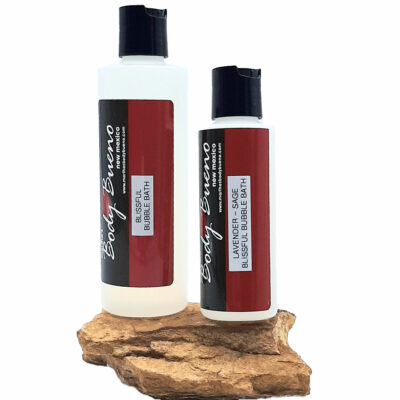Description
Perfume oils are called oils because they are not water soluble. Their molecular structure is different from vegetable or animal oils. They are aromatic compounds, which are fragrance blends. Perfume oils can be derived from natural substances. Or, in synthetic oils, the perfumer will analyze a natural essence, such as rose, to learn its structure, and then duplicate it. In this way the expense and destruction of acres of flowers is reduced. These concentrated scents are sometimes diluted with other oils by perfumers. This dilution is important in perfumery because scents vary with concentration. In fact, some oils are unrecognizable or unappealing at full strength. I learned that the expensive way with True Myrrh and Patchouli!
Natural oils are made from large quantities of petals, herbs, bark or fruits. Some natural ingredients may be used in fine perfumes but this represents a tiny portion of all fragrance products. Synthetic scents make up the vast majority of all fragrance products. There are only about 600 natural essential oils, versus thousands of synthetics, which have made modern perfumery possible.
Some of our perfumes are synthetic in the sense that the ingredients are derived from natural sources, just not always the original source. For instance, true Musk has long been banned in the U.S., but there are numerous Musk perfumes on the market. They are all considered synthetic because they no longer come from the Musk Ox. But many, like ours, are reproduced using natural sources.














Reviews
There are no reviews yet.